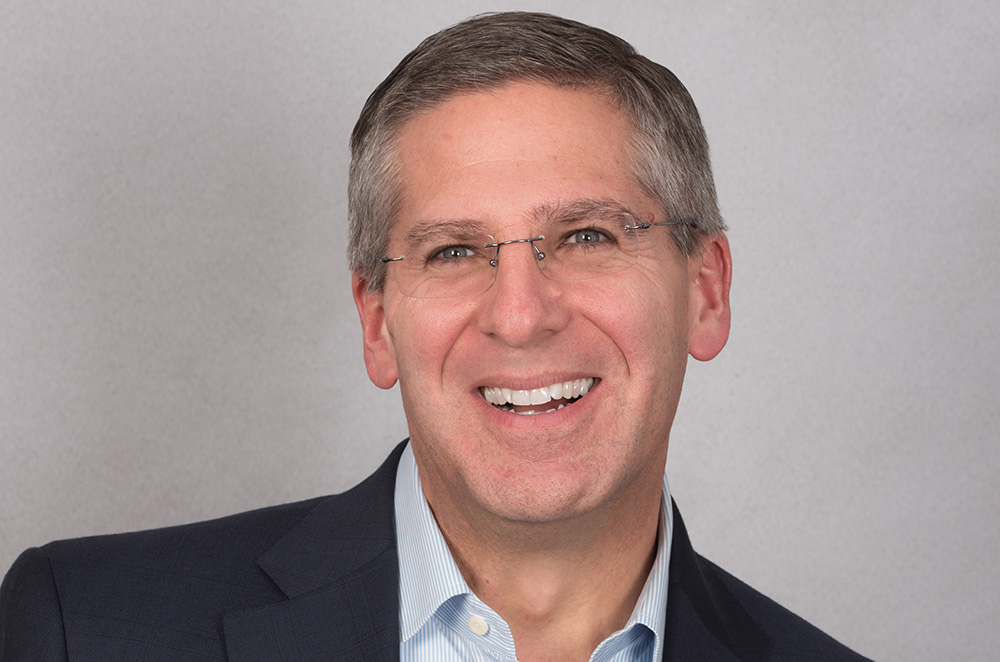The Global Chairman of PricewaterhouseCoopers (PwC) describes his company's goals in India and explains why he believes the country has significant growth potential
As geopolitical frictions, trade disagreements, and even natural calamities become more frequent, there is concern that the global economy is drifting away from globalisation. According to Bob Moritz, Global Chairman of PricewaterhouseCoopers (PwC), globalisation is not declining but rather being rewired. He believes speedy decision-making and data utilisation will be necessary for any nation to overcome obstacles and sustain progress.
In an interview with ET Insights, Moritz discusses India’s globalisation potential, PwC’s hiring ambitions for India, sustainability, and other important topics.
Edited excerpts
Q) In a recent PwC survey, majority of the global CEO’s stated that the world is on the verge of an economic downturn and recession. Where does India stand in this current context, and if we were to discuss its story, what do you believe are the primary components that would propel India to become a global economic superpower?
The PwC survey shows certain degree of pessimism around the world. That pessimism includes Indian CEO’s that are looking at the global economy. Having said that, they are very positive about the Indian economy and the rest of the world is too. There is a greater degree of upside potential here, majorly because you have an economy here which is growing at a much faster pace as compared to the rest of the world and when you look at the projections for GDP and the consumption that will come through the economics as well as when driven by the demographics, that’s a positive. The second thing is you do see a supply-chain opportunity here. You have organizations that look at India as an alternative and last but not the least, you have a vast labour force that is very well- skilled that the rest of the world will need if they wish to drive and sustain their growth going forward. All 3 lead to a much more opportunistic point of view relevant to India.
Q) What are your key priorities for the upcoming year and what are the challenges or opportunities that you foresee going ahead?
On a worldwide scale, we are totally committed to servicing our customers, enabling the trust that is sorely lacking in the industry, and delivering the results that they need. Uncertainty and worry over macroeconomics, geopolitics, and other factors make these outcomes extremely challenging. With that in mind, it’s crucial that we have the right people in the right positions to assist businesses in overcoming these challenges and obstacles. This is a big focus for us in India. We will hire 30,000 people over the next couple of years, resulting in a net increase of 30,000 employees. This is a huge opportunity for India and it will define India and it’s relevance in the rest of the world.
Q) With regards to ESG, how do you think organizations can consistently deliver ESG practises?
The ESG agenda is driven by various factors, such as higher expectations from investors, consumers, employees, and other stakeholders. To drive that transformation, an organisation must incorporate it into its strategy. Second, they need to have the right incentive to encourage this change within the organisation and work with other organisations in the record system to change how consumers act. Thirdly, they need to re-engineer supply chains, manufacturing and other aspects to be more effective and efficient, with the ESG aspects in mind especially the environment and social aspects in mind. You need to have the data necessary to measure and drive that change and to demonstrate to the world, you are making progress. Finally, you must report on it, which is important because it makes it more reliable for investors, which they can use to make different decisions and reward those who are bringing economic and social results. We see a big opportunity for PwC to help in this area, considering the entire supply chain as we introduce ESG-related initiatives into corporations and countries. Going forward, this is going to be really important.
Q) In today’s scenario leadership is extremely crucial, what advice do you want to give to the upcoming leaders especially for those in the business ecosystem?
There are four distinct areas that modern leaders must focus on. First building engagement with your stakeholders. You must listen in order to meet their requirements as much as possible. Occasionally, these needs conflict with one another. Hence, at every stage you must not only know what you are doing, but also why. Second, you must drive change within your organisation. Having an awareness of how you’re falling behind the rest of the world. Your leadership teams must engage in strong discussions and debates to determine what is right and wrong and how we might do things differently.
You must accept the risks that must be taken; while certain risks can be avoided or mitigated, the majority of successful organisations are willing to accept certain risks. You may fail at times, but it is fail fast and fail small and adjust thereafter. Lastly, be agile, the world out there is very challenging and less predictive, so let’s collectively find out ways to be more agile, making the decision making process faster and putting the deal into the appropriate hands. You should only react to things you can control and avoid those you cannot.
This interview took place on the 17th of February at The Economic Times Global Business Conference 2023 in New Delhi.



